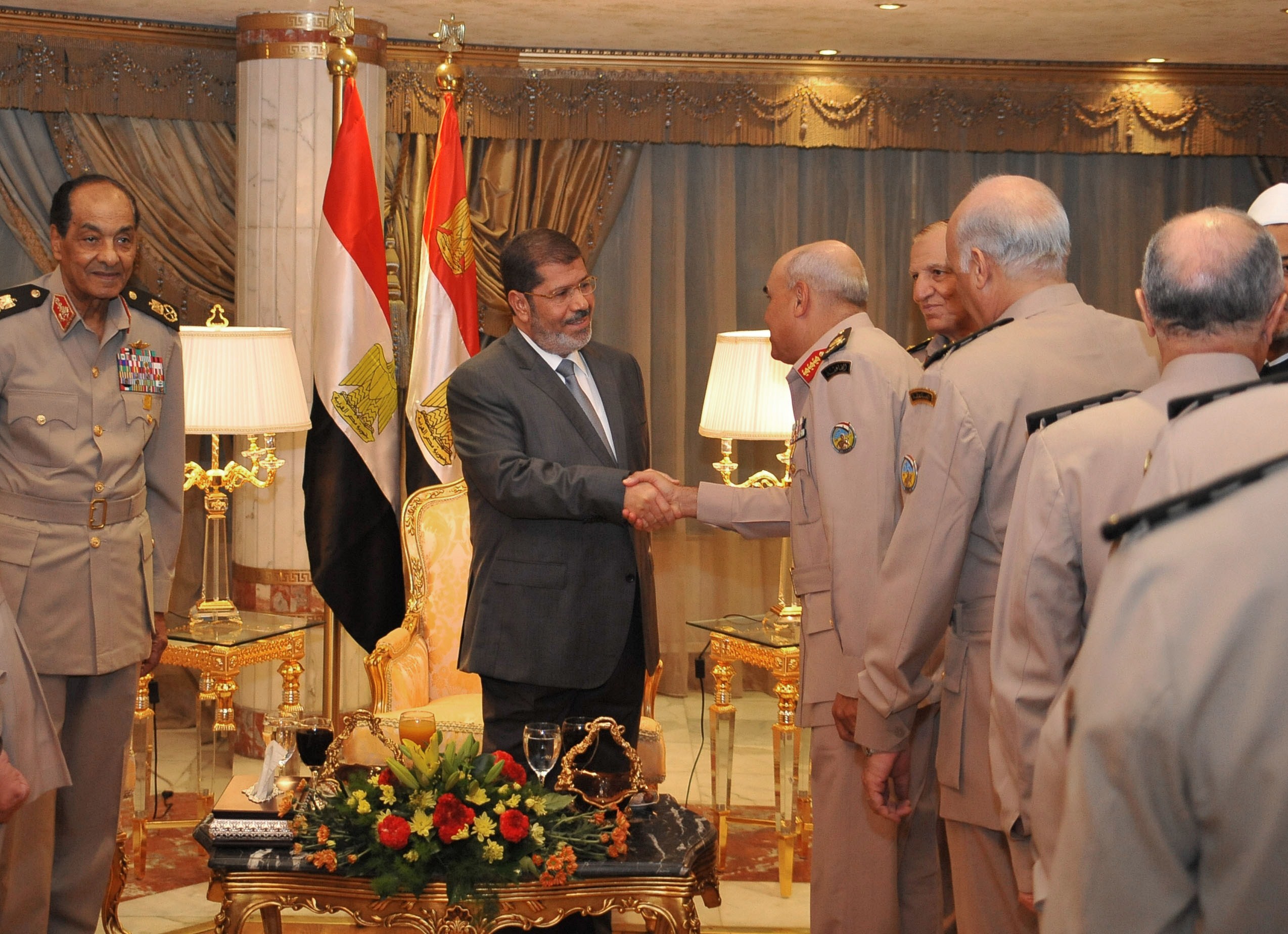This week marks the 42nd anniversary of the execution of Sayyed Qutb, one of the most prominent figures in contemporary Islamism.
Over four decades after his death, Qutb remains controversial, with his views on violence, political systems and societies still fiercely debated. While some argue that Qutb has been misinterpreted, others may vilify him, arguing he is the chief ideologue for most contemporary radical groups.
Qutb, who was born in 1906, started his life as an author and literary critic.
In 1939, he became a functionary in Egypt’s Ministry of Education, which sent him on a scholarship from 1948-50 to study the educational system.
This was a major experience that shaped his thought, and a few years after his return, he joined the Muslim Brotherhood. He was imprisoned several times, and was severely tortured in former President Nasser’s prisons where he wrote his most famous books: “In the Shades of Quran, a highly poetic Quranic commentary, and “Milestones, by far his most controversial work.
In “Milestones Qutb presents a manifesto for change, one heavily influenced by Lenin’s “What is to be done, with the clear Islamization of its basic notions. He argued that society was suffering from “jahiliyya (a state of ignorance which preceded the revelation of Islam) and that consequently, there is no room for middle ground between Islamists and their societies.
Contrary to the worldview of Hassan Al Banna, the founder of the Muslim Brotherhood, Qutb viewed Islamists as an autonomous entity that is not part of society. While not openly calling for the use of violence, he left the doors wide open for interpretation with his arguments often suggesting that change can only be achieved using violence. This has created a state of “delayed violence amongst his supporters; they tactically rejected violence because the time for change had not yet come.
Qutb’s ideas were the reason why the Muslim Brotherhood is sometimes falsely associated with radical thought, while Qutb’s membership of the Brotherhood, however, did not mean that his ideas represented the group.
In fact, his ideas were officially rejected by the group’s leadership at the time, and Hassan Al Houdaiby, the group’s chairman, published a book entitled “Preachers not Judges rejecting and denouncing Qutb’s ideas.
While the book does not explicitly mention Qutb, it thoroughly argues against the notions of “jahiliyya and violence.
It is true that today’s Muslim Brotherhood does not openly denounce Qutb’s thought, but this does not mean that they adopt it. For specific historical reasons, “Preachers not Judges was interpreted by Brotherhood members as a clarification and explanation of “Milestones as opposed to a rejection of Qutb’s ideas.
While those who did not denounce Qutb’s ideas deviated from Al Banna’s reformist school, especially from a social and political perspective, by no means did they accept the radical elements of Qutb’s thought.
It is still unfair to accuse Qutb of radicalism while neglecting the context in which he espoused these ideas. Although violence and harsh accusations of “jahiliyya are unjustifiable under any circumstances, scrutinizing the circumstances in which he made them, renders his ideas more understandable, and helps develop a more balanced view.
Qutb was a sensational author and intellectual who has been imprisoned and tortured, alongside thousands of Muslim Brotherhood members, by Nasser’s regime during the political struggle of the 1950s and 1960s. He did not write “Shades and “Milestones over a cup of latte in an air-conditioned room with reference books all around him. He wrote them in a cell where he was locked up with a handful of other prisoners, each dreading the next dose of torture. It is only natural that writing in such a context would lead to more radical ideas, as was the case in other incidents in contemporary Islamist history.
It is unjust to judge an intellectual for his ideas while disregarding the crime of a regime executing him for espousing them. It is this crackdown on freedom of speech (and even freedom of thought) that has made Qutb a legacy which in a way has made it widely unacceptable to criticize him. As he once said: our words remain dead till we die for them, and then our souls move into our words and give them real lives.
One must also remember that Qutb’s intellectual project was incomplete as it was aborted by his execution. Like any other philosopher or intellectual, Qutb went searching for new ideas, grounds and solutions in his writings. He lost his way in the middle, but like the case with other intellectuals of his time, dialogue, engagement in real life and further investigation could have meant that he may have retracted his radical ideas.
True that Qutb’s ideas were harmful and radical, but his executor was even more radical. But the only way to combat such radical ideas is to push for real freedom of expression and thought, and for real respect of human rights.
Ibrahim Al-Houdaiby is board member of ikhwanweb.com, the English website of the Muslim Brotherhood group.


